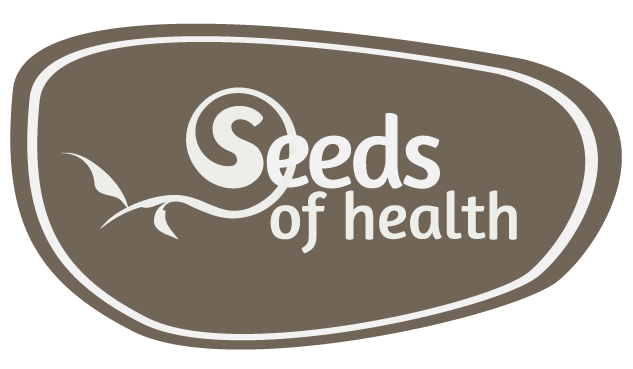Bio:
Shelly Langford has been supporting women in various ways for 23yrs (running mother’s groups, president for playgroup, running home education parent support group & supporting foster families) & has been a professional birth doula since 2014. She supports women with whatever their choices are & wherever they choose to birth. She has experienced supporting women in hospitals, home births & free births (unassisted birth). Shelly has also travelled to PNG once a year for the last few years to support women in remote villages, educating & assisting their traditional births in the bush, as well as providing clean drinking water.
Website: www.shellylangford.com.au
Facebook: https://www.facebook.com/BirthingDoulaShelly/
Key notes:
- What is a doula?
- How does safety & trust impact the birthing process?
- Nutrition & lifestyle factors impact the position of the pelvis
- Encouraging a woman to deeply trust their inner knowing through education & building trust
- Our bodies are designed to birth, as women. It is natural. It is not a medical procedure.
- A woman needs to be in her primal brain to birth. This helps reduce or eliminate pain due to being present & not taken out to enter her logical brain.
- Post birth requires some timetabling to enable a new mum to prioritise sleep, amongst other basic needs. A doula helps to support this new phase, post birth.
- Creating the best birthing place & space is a part of a doula’s role based on personal experiences & needs.
- Home birth is legal.
- A doula observes, guides & makes suggestions for a birthing mother during the birthing process. But the mother knows what her body needs.
- What is normal for labour is progress. Irrespective of time, if there is progress we are on the right track.
- Sleep is key for post-natal depression recovery. As well as key nutrients & support. They are all key to keeping a new mama sane.
- Sleep is key after birthing in general, because it gives the body a chance to heal, deeply.
